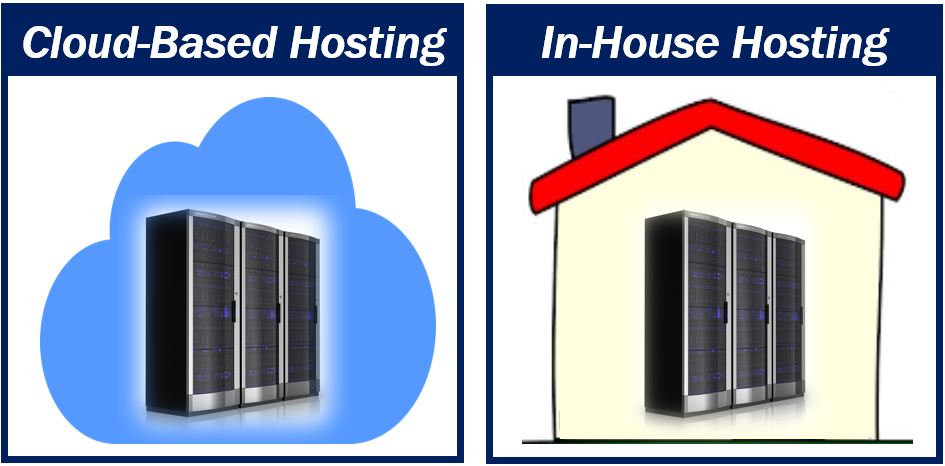If you already have an online business or are planning to register a domain name soon, you’ll know that a failed server can cause catastrophic damage to your business. What should you consider before choosing the right server for your business? Nobody wants their website to be offline. For some companies, being connected is crucial, while for others it is not the end of the world.
 Your biggest decision will fall towards having a cloud-based or in-house server infrastructure. It may sound easy, but there are a couple of things to consider here with the first factor being the importance of uptime in your business.
Your biggest decision will fall towards having a cloud-based or in-house server infrastructure. It may sound easy, but there are a couple of things to consider here with the first factor being the importance of uptime in your business.
While cloud-based solutions can be more expensive than an in-house server, their benefits far outweigh the costs for some businesses.
For example, if your business is reliant on web-based transactions, you must consider uptime a crucial factor and should be willing to pay more for a cloud-based solution to get a certain level of uptime security. Other businesses that aren’t as dependent on uptime may be more suited to an in-house setup.
Here is a quick summary of the pros and cons of cloud vs in-house servers.
In-House Server Pros and Cons
Pros
An in-house system, unlike its cloud-based counterpart, gives you physical control over your backup while keeping critical data close by. No third-party entity gains access to your information. You also won’t need to rely on an uninterrupted internet connection for data access.
For SMEs, this option may be a better given their more limited budgets. The letters SME stand for Small and Medium-Sized Enterprise.
Cons
However, in-house needs a capital investment in both hardware and infrastructure. You also need space in your office for the storage of a rack or server room/closet, plus dedicated IT support.
It may also be more susceptible to data loss when disaster strikes since it’s in-house. The amount of data you take offsite will reflect how much you’ll lose in an emergency.
Cloud-Based Server Pros and Cons
Pros
With a cloud-based system, you’ll not need onsite hardware or capital expenses. This is better for smaller companies that may outgrow current storage capacity or their office too quickly. Storage can be upgraded as needed as well. Solutions are typically charged according to-demand, so you will only pay for what’s necessary.
You can backup and restore data from anywhere as long as you have an online computer, tablet, or even a smartphone. Data can also be backed up in the cloud at 15-minute intervals, which can minimize data losses in certain situations.
Cons
However, in a could-based system, the cost of data recovery may outweigh the benefits for small companies that are not as dependent on uptime or instant recovery.
There may be a limit to how much data you can store in the cloud due to cost and/or availability.
There are different pros and cons for both setups. Getting an in-house server hardware can be appropriate for companies that do not want to rely on the Internet 24/7. Either way, you need a reliable host to consult with you.
If you’re keen on harnessing the power of cloud-based hosting for your upcoming or new online business, then the next thing to do is register a domain name and choose a good hosting provider, particularly where you found your domain name, as they’ll be able to generally optimize more features and give you better support.
________________________________
Interesting related article: “What is cloud computing?”

